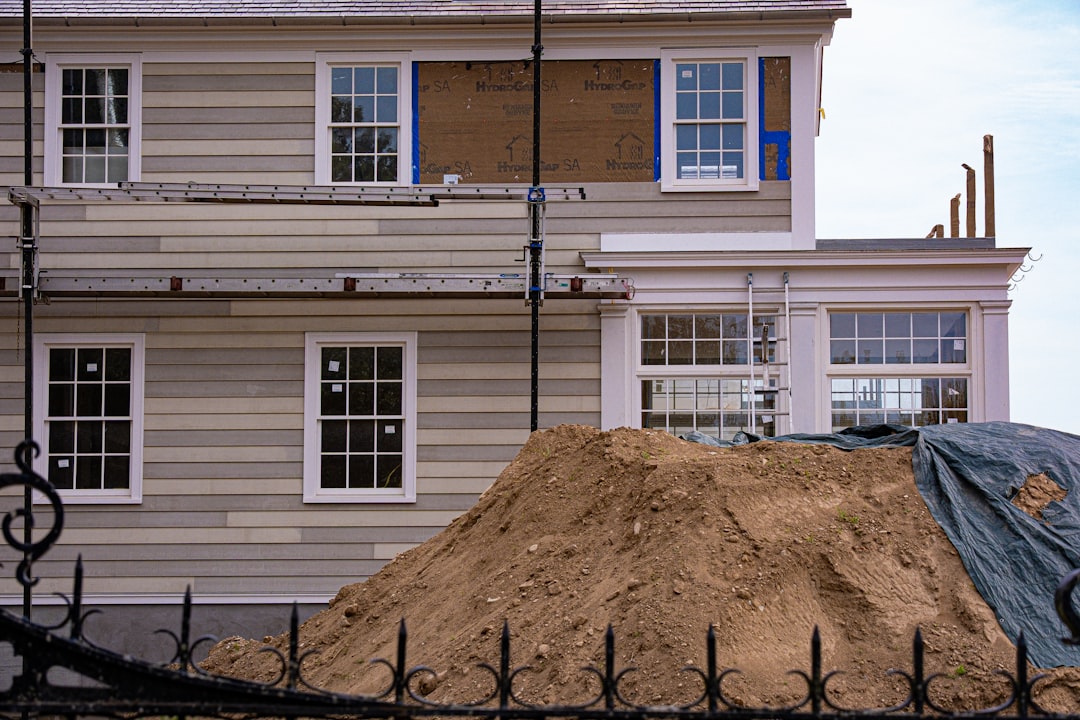CountBricks Guide to Compost Prices for Residential Builds
Price source: Costs shown are derived from our proprietary U.S. construction cost database (updated continuously from contractor/bid/pricing inputs and normalization rules).
Eva Steinmetzer-Shaw
Head of Marketing
Understanding Compost Prices in Residential Construction
Compost prices can significantly impact residential construction budgets, with costs ranging from $20 to $50 per cubic yard depending on quality and location. For construction professionals, understanding these costs is crucial for accurate project estimation. CountBricks AI-driven cost aggregation provides real-time compost prices, helping you make informed decisions about sustainable design features before breaking ground.
Factors Influencing Compost Prices
- Feedstock Quality: High-quality compost from pure green waste is more expensive.
- Certification: Organic certification increases costs but ensures pathogen-free material.
- Transport Distance: Bulk compost is heavy, and transport costs can exceed material costs.
- Seasonal Availability: Prices spike during spring planting season.
- Bagged vs. Bulk: Bagged compost can be triple the cost of bulk deliveries.
Integrating Compost Costs into AI Estimates
CountBricks uses dynamic cost libraries to provide accurate estimates. Our system:
- Pulls live compost prices from local suppliers.
- Calculates transport fees based on weight.
- Adds labor costs for spreading and tilling.
- Identifies cost-saving opportunities through on-site composting.
Case Study: Garden-Forward ADU
A client in Santa Rosa planned an ADU with fruit trees and vegetable beds. Initial estimates overlooked soil costs, but our AI revealed that imported compost would cost $4,600. By adjusting the delivery schedule, we saved the client $1,150.
Composting Toilets: A Sustainable Choice
Composting toilets reduce water use and create a nutrient cycle. CountBricks factors in maintenance compost costs, comparing them to traditional plumbing expenses to show a payback timeline often under five years.
Pro Tips for Managing Compost Budgets
- Order in offseason months for lower prices.
- Source locally to reduce freight costs.
- Check moisture content to avoid inflated delivery fees.
- Combine orders for volume discounts.
- Consider on-site composting to reduce purchased material.
Ensuring Accurate Estimates with CountBricks
CountBricks provides real-time compost pricing, calculates cubic-yard requirements, and suggests cost-efficient delivery windows, ensuring every estimate is accurate and up-to-date.
The Sustainability Advantage
Accurate compost pricing supports smarter environmental choices. CountBricks helps quantify the benefits of certified organic compost, turning green ideals into actionable plans.
Next Steps with CountBricks
Ready to integrate compost costs into your project? Visit CountBricks.com for more information.
From Price Data to Project Success
CountBricks transforms live compost prices into strategic action plans, helping you make informed decisions for your projects.
Practical Applications
- Phased Landscaping: Stage planting to leverage discounts.
- Waste-to-Resource Loops: Use kitchen scraps to reduce compost purchases.
- Integrated Rain Harvesting: Use rainwater to accelerate composting.
Case Snapshot
A custom home in Boulder faced high freight costs. By redesigning to include on-site composting, the project reduced external purchases significantly.
Streamlining the Process with Voice-Driven Takeoffs
- Builders describe project dimensions verbally.
- CountBricks calculates volume and checks prices.
- Homeowners receive immediate budget impacts.
- Changes are updated instantly in invoices.
The Competitive Edge
Transparency in compost costs positions builders as trusted advisors, enhancing client trust and securing contracts.
Get Started Today
Understand compost prices for your project. Visit CountBricks.com to learn more.

